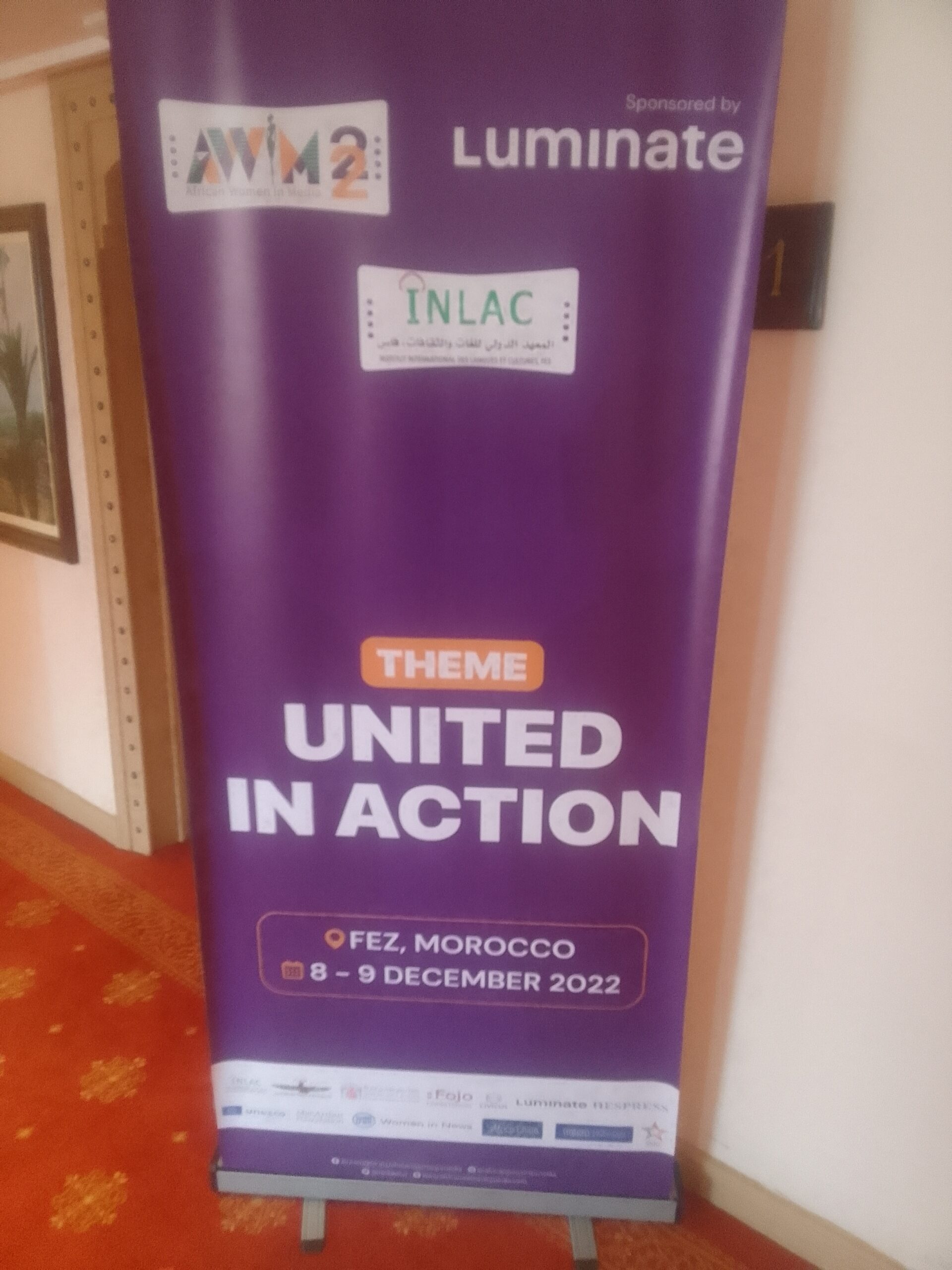Groundbreaking Workshop on AI and Technology-Facilitated Gender-Based Violence at AWiM24
Trending
Sunday May 4, 2025
Trending

The AWiM2022 conference has commenced and it has gathered together an array of innovative experts to dissect the media’s role in issues affecting African women today.
This year it’s all taking place in Morocco and many of the conversations revolve around the shifting opinions in the country.
Though many positive changes have occurred in Moroccan media, social media has inspired several misogynistic spheres.
Zineb el Aboubbi, a PhD student and Teacher’s Assistant at Chouaib Doukkali University, highlighted the sinister side of the ‘manosphere’.
“Over the last decade the participatory internet gave birth to a new kind of men’s social organisation,” she said.
“The red pill ideology is based on an analogy of enlightening red pill which reveals the truth about society: a reference from the movie “The Matrix””
However, El Aboubbi notes that the online incel red pill community have now co-opted the reference to push a fundamentally sexist and damaging ideology.
“According to this viewpoint, the hidden truth is that all men live in a feminist misandrist illusion that oppresses men. This assumption heavily saturates their attitudes towards women.”
By analysing posts and comments from influential red pill online accounts, El Abboubi gained interesting insight.
“Only 5.7 per cent of the total posts hold a positive representation of women. Correspondingly, 90.3 per cent of all mentions of females are tied to disparaging sentiment.”
And that talk of looking for a loyal wife dedicated to selfless housework “resonates heavily with the Moroccan Red Pill community.”
She also highlighted the dangers of a growingly popular online manifesto based on this ideology where education and a career make a woman “unfit” for marriage.
But sexism is not just perpetuated online. All types of media are still peddling stereotypical narratives.
Hassane Bouthiche, a PhD student at the faculty of letters and Human sciences at Sidi Mohammed Ben Abdellah University, focused on problematic representation and its long-reaching effects.
He specifically spoke about the struggles Moroccan women have in politics. Even though women are increasingly running for office, achieving higher ranks and fairer representation is still challenging.
“Women politicians are given a secondary role compared to male politicians…{Their} rate of presence in media is still very low in print, radio, TV news, Bouthiche said.”
Media practitioners can often be guilty of marginalising women. Some may be
unconsciously biased, while others firmly hold the assumption that women aren’t adequate expert sources.
Bouthiche maintains that it is up to journalists to be aware of bias in news reporting and interviewee selection.
“There are some exceptions of course- but whenever they want to make an interview journalists go directly to male experts as if we don’t have female experts. The media also plays a crucial role in marginalizing those expert women giving the public the opinion that whenever we need to talk about something at high levels we need to go to a man.”
We’re not gonna spam. We’ll try at least.

Copyright 2020. African Women In Media
Copyright 2020. African Women In Media
Recent Comments